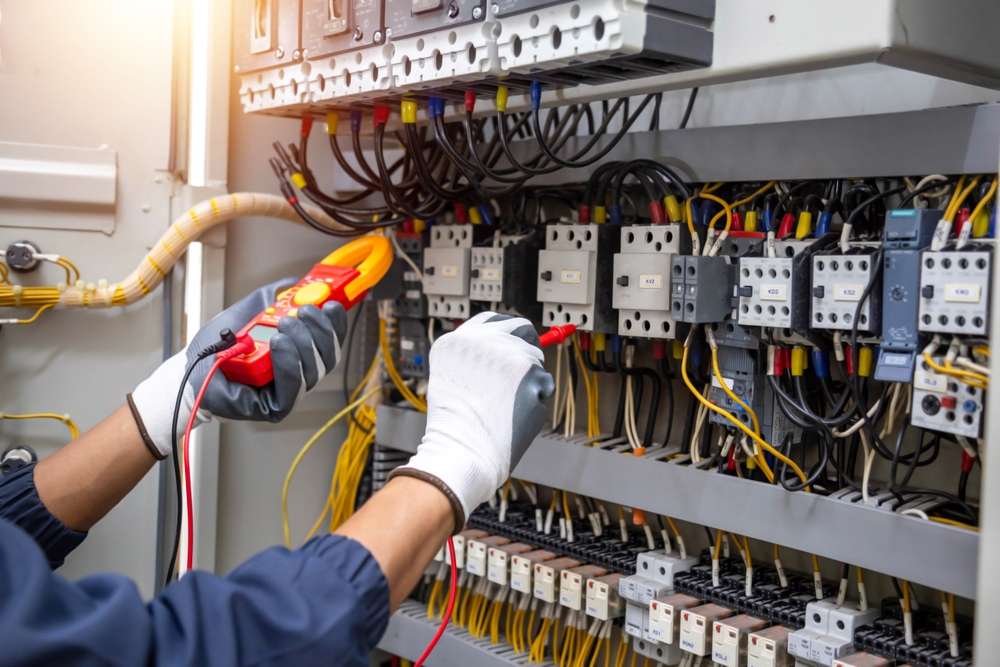Power Generator Options and Installation Costs in the UK
Power generators provide essential backup electricity during outages and can serve as primary power sources for off-grid properties. From portable units to whole house systems, understanding generator types, capacities, and installation requirements helps homeowners make informed decisions about protecting their homes from power disruptions.

Power generators have become increasingly important for UK homeowners seeking reliable backup power solutions. With extreme weather events and grid instability becoming more common, investing in a generator system can provide peace of mind and continuous power supply when the mains electricity fails.
Understanding Whole House Generator Systems
Whole house generators are permanently installed systems designed to power an entire home during electrical outages. These units automatically detect power loss and switch on within seconds, ensuring minimal disruption to daily activities. Unlike portable generators, whole house systems connect directly to your home’s electrical panel and run on natural gas, propane, or diesel fuel. They typically range from 7kW to 48kW capacity, with most UK homes requiring between 10kW and 20kW depending on size and electrical demands.
Whole House Solar Generator Solutions
Solar generators combine battery storage with solar panels to create sustainable backup power systems. These eco-friendly alternatives store energy from solar panels during daylight hours and release it when needed. While traditional solar generators were limited in capacity, modern whole house solar systems can power essential appliances and lighting for extended periods. Battery banks can be scaled up to meet specific household requirements, making them suitable for both emergency backup and off-grid living situations.
Evaluating 10kW Generator Capacity
A 10kW generator represents a popular middle-ground option for many UK households. This capacity typically supports essential circuits including lighting, refrigeration, heating systems, and select appliances. Before choosing a 10kW unit, homeowners should calculate their actual power requirements by listing essential appliances and their wattage consumption. Important considerations include starting watts for motors and pumps, which can be significantly higher than running watts. A qualified electrician can perform a load calculation to determine if 10kW meets your specific needs.
Generator Installation Requirements and Process
Professional installation ensures safety, compliance with building regulations, and optimal performance. The installation process begins with site assessment, including proximity to gas lines, electrical panels, and clearance requirements. Installers must obtain necessary permits and ensure compliance with local building codes. The process involves concrete pad preparation, gas line connection, electrical panel integration, and commissioning. Installation typically takes one to two days for straightforward whole house generator setups.
Understanding Installation and Equipment Costs
Generator costs vary significantly based on capacity, fuel type, and installation complexity. Understanding these expenses helps homeowners budget appropriately for backup power solutions.
| Generator Type | Capacity | Equipment Cost | Installation Cost |
|---|---|---|---|
| Portable Generator | 3-8kW | £300-£1,500 | £0-£200 |
| Standby Generator | 10-22kW | £3,000-£8,000 | £2,000-£4,000 |
| Whole House Solar | 10-20kWh | £8,000-£15,000 | £1,500-£3,000 |
| Industrial Generator | 25-48kW | £10,000-£25,000 | £3,000-£6,000 |
Prices, rates, or cost estimates mentioned in this article are based on the latest available information but may change over time. Independent research is advised before making financial decisions.
Maintenance and Long-term Considerations
Regular maintenance ensures reliable generator operation when power outages occur. Standby generators require periodic testing, oil changes, air filter replacement, and annual professional servicing. Solar generator systems need battery monitoring and occasional solar panel cleaning. Fuel-powered generators should be exercised monthly to prevent fuel degradation and mechanical issues. Maintenance costs typically range from £200-£500 annually depending on generator type and usage patterns.
Investing in a power generator system provides valuable insurance against electrical outages while potentially increasing property value. Whether choosing traditional fuel-powered units or modern solar solutions, proper sizing, professional installation, and regular maintenance ensure reliable backup power when it matters most. Consider your specific power requirements, budget constraints, and long-term energy goals when selecting the most appropriate generator solution for your UK home.




